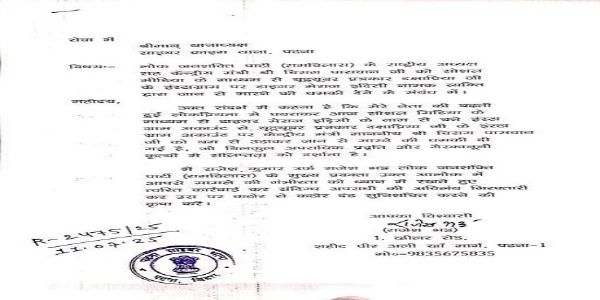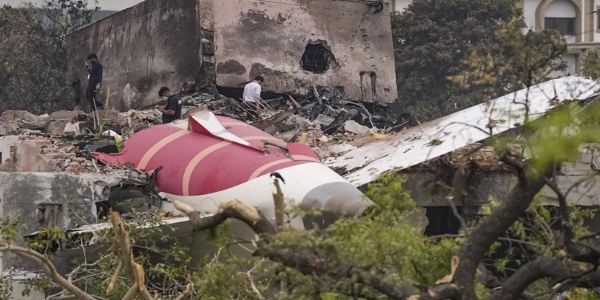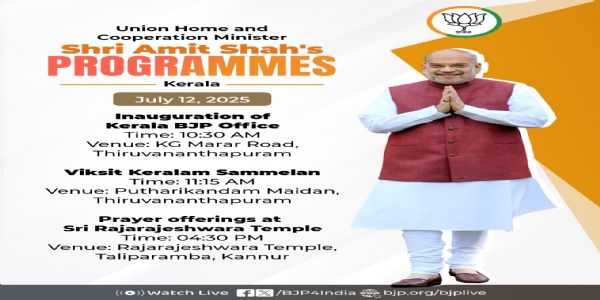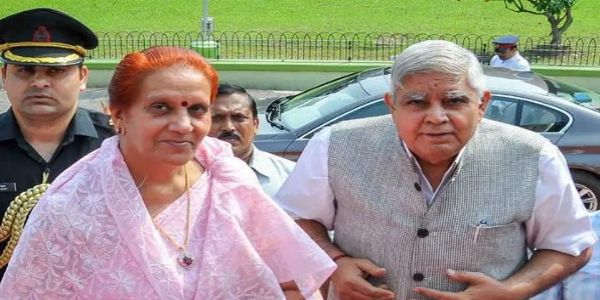
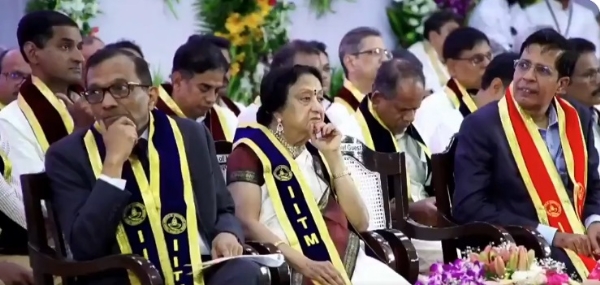
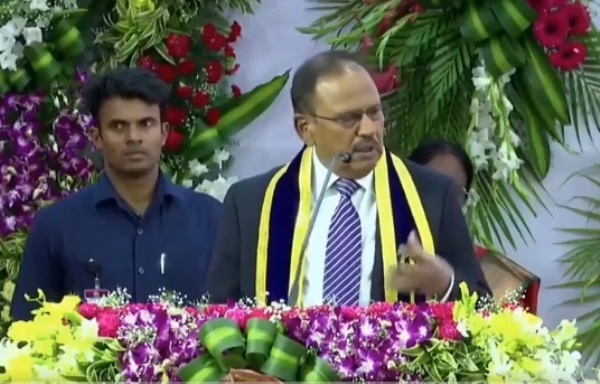
Chennai, 11 July (H.S.): National Security Advisor Ajit Doval, during his address at the 62nd convocation of IIT Madras, provided a detailed account of Operation Sindoor, a recent military operation against Pakistan, while emphasizing the critical role of indigenous technology development. Doval's speech highlighted the operation's technical precision and the contributions of IIT Madras in advancing India's defense capabilities.
Operation Sindoor, executed on May 7, 2025, targeted nine terrorist camps deep within Pakistan, avoiding border areas to minimize escalation. Doval described the operation as a triumph of precision engineering and strategic planning, noting that it was completed in just 23 minutes. We decided to have 9 terrorist targets in the criss-cross of Pakistan, it was not in the border areas. We missed none. We hit nowhere else except that. It was precise to the point where we knew who was where, Doval stated, underscoring the operation's meticulous execution.
The technical inputs for Operation Sindoor were a blend of advanced indigenous technology and human intelligence. Doval praised the use of homegrown systems like the BrahMos missile, integrated air control and command systems, and surveillance radars. These technologies, developed with significant contributions from institutions like IIT Madras, ensured that the operation achieved its objectives with minimal collateral damage. We are really proud of how much of indigenous content was there, Doval remarked, highlighting the role of domestic innovation in national security.
IIT Madras, known for its cutting-edge research and development, has been instrumental in fostering indigenous technology. Doval's speech at the convocation celebrated the institute's graduates, whom he described as the most fortunate in the last 1,000 years, due to the transformative potential of their work in India's technological landscape. He urged them to understand the historical challenges India has faced and to contribute to its future growth, particularly in defense technology.
The operation's success was also attributed to the integration of data from ISRO satellites, which provided real-time intelligence and precise targeting information. This collaboration between military strategy and space technology exemplifies the interdisciplinary approach that IIT Madras promotes. Doval's mention of the operation's 23-minute duration reflects the efficiency of these technical systems, which allowed for rapid response and execution without compromising accuracy.
Doval also addressed the narrative propagated by foreign media, particularly the New York Times, which suggested damage to Indian infrastructure. He challenged the credibility of these reports, demanding evidence. You tell me one photograph that shows any Indian damage done... They wrote things, New York Times... but the images showed 13 air bases of Pakistan before and after 10th May, Doval said, questioning the bias in international coverage.
The conflict between India and Pakistan, which included Operation Sindoor and Pakistan's Operation Bunyan um Marsoos, has been a focal point of international attention. Recent analyses and reports have scrutinized the military exchanges, with some questioning the bias in media coverage. Doval's comments at IIT Madras serve as a reminder of India's resolve to counter terrorism with precision and self-reliance in defense technology.
In conclusion, Doval's speech not only detailed the technical prowess behind Operation Sindoor but also reinforced the importance of institutions like IIT Madras in driving India's indigenous technology agenda. The operation's success, achieved through a combination of precise targeting, advanced technology, and strategic planning, underscores the potential of homegrown innovations in national security. As India looks towards a future where it aims to be a global leader, the role of technical education and research, as exemplified by IIT Madras, will be crucial in realizing this vision.
---------------
Hindusthan Samachar / Dr. R. B. Chaudhary





